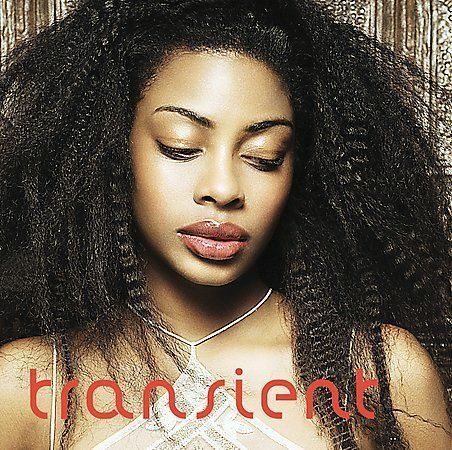
Back in the day, in Hot-Lanta (generally known as Atlanta), over in the AU area (a cluster of historic Black institutions of higher learning plus the popular Pascal’s establishment), that was the place to be, a fabled location for a meeting spot and a quick meal.
Long after its hey-day, even as late as the eighties and nineties, it was de rigueur for students, activists, and visitors to M. L. King’s home town, to pass through the AU complex. The list of luminaries who dipped in, even if only for a minute, is long and illustrious. No surprise that at the end of the twentieth century the AU center of historical import was nationally considered the foci of a storied reemergence of Black talent that dated back to W.E.B. DuBois’ stint in Atlanta.
New Jersey born Gaelle Addison is the daughter of Haitian immigrants. Gaelle went to school in Atlanta and made her professional debut in that southern city.
I am a big fan of her vocals on “Cascades of Colour”, a release that was remixed by numerous producers.
Her resume is slender but significant in terms of success in the music business. Tragically, her tale is too often the twice-told tale of far too many young Black musicians reaching for the brass ring of success only to be betrayed by the realities of American show business.
In Gaelle Addison’s case she had an international hit (UK singles and dance charts) with her 1999 recording King of My Castle, only to be beset by the recording company substituting what Gaelle describes as a “buxom” literal stand-in when the video was produced. Gaelle did the singing, another woman was the body double. What you heard was not what you saw.

Eventually, after a hard fought court case, Gaelle won and received a monetary settlement. Along with Eric Stamile, her musical partner, she went on to produce an innovative album, Transient, full of a wide variety of grooves and sentiments that are often both captivating and far ahead of her artistic times. Today, over two decades later, the tracks do not sound out of date.
But the music industry had moved on. She was no longer the “next upcoming artist”, she was now in their rearview mirror. Plus, unsurprisingly, the industry did not embrace an artist who did much more than shut-up and sing.
I don’t know what Gaelle is doing now. I know that she has my respect and admiration. And although it’s been a long, long time since she has released anything, I believe she deserves to be better known and widely supported.
All too often, the people on the frontlines are forgotten as time moves on. We should never forget them. We should celebrate the artist who gave their all in the fight for freedom and justice.
In New Orleans we often say “do what you wanna”!
At the same time, we also know freedom is a dangerous road. There are many casualties along the way. Let us not forget nor leave behind those who paid a heavy price as we pop our fingers and download the latest song we love.
